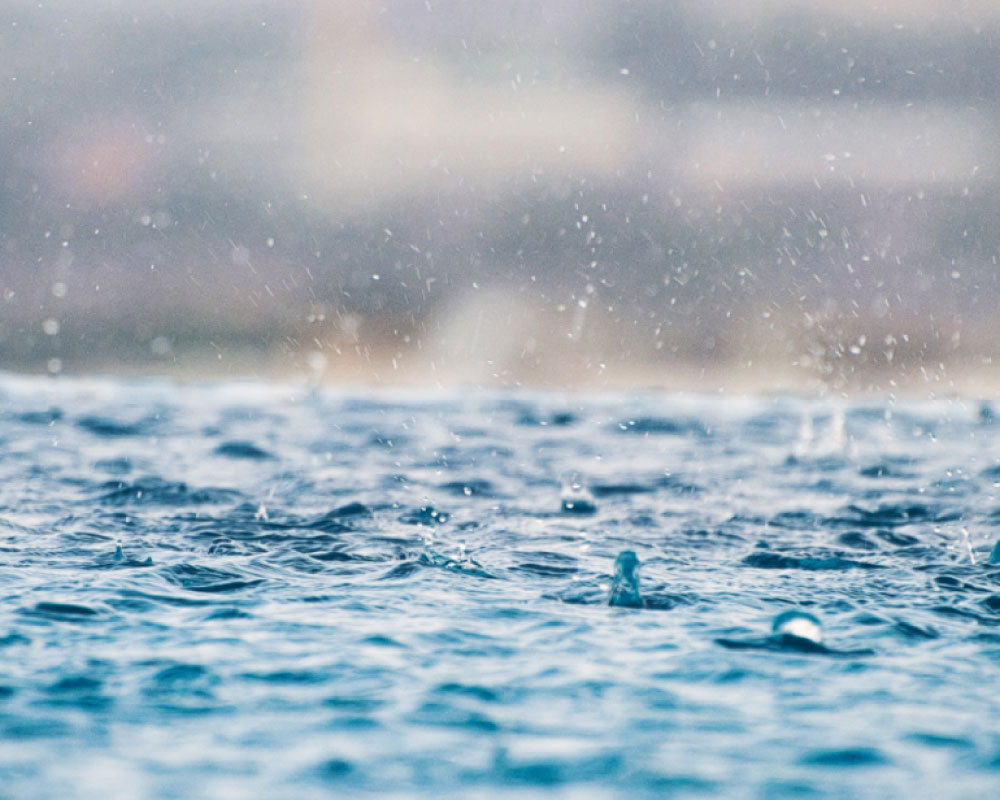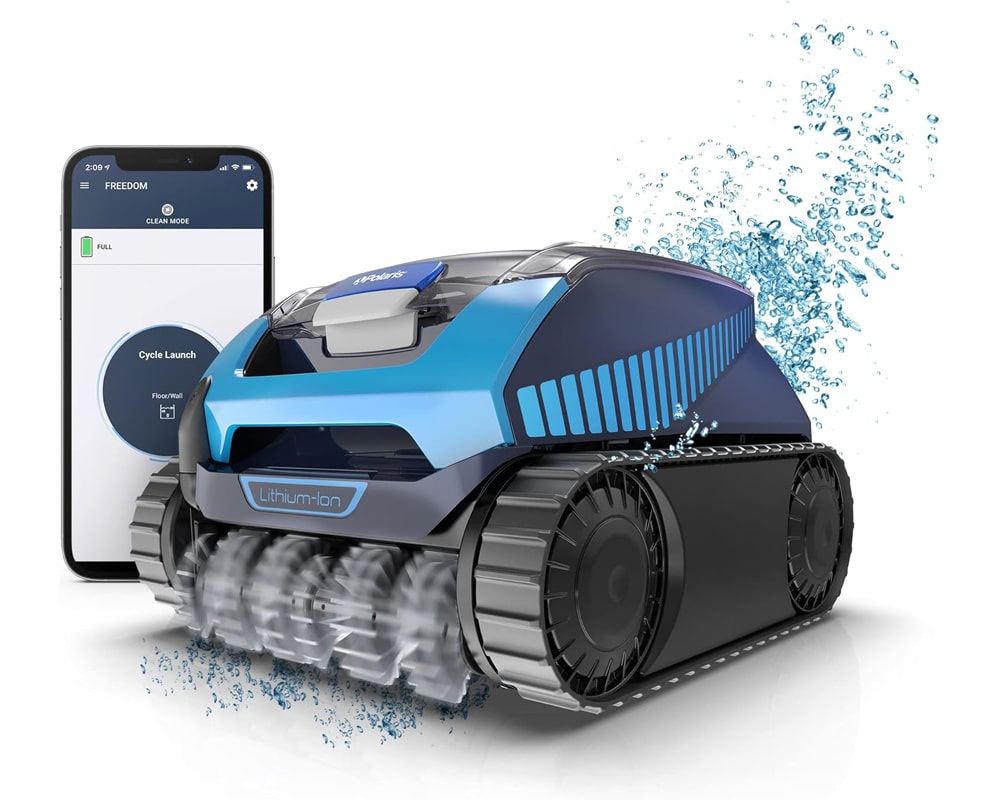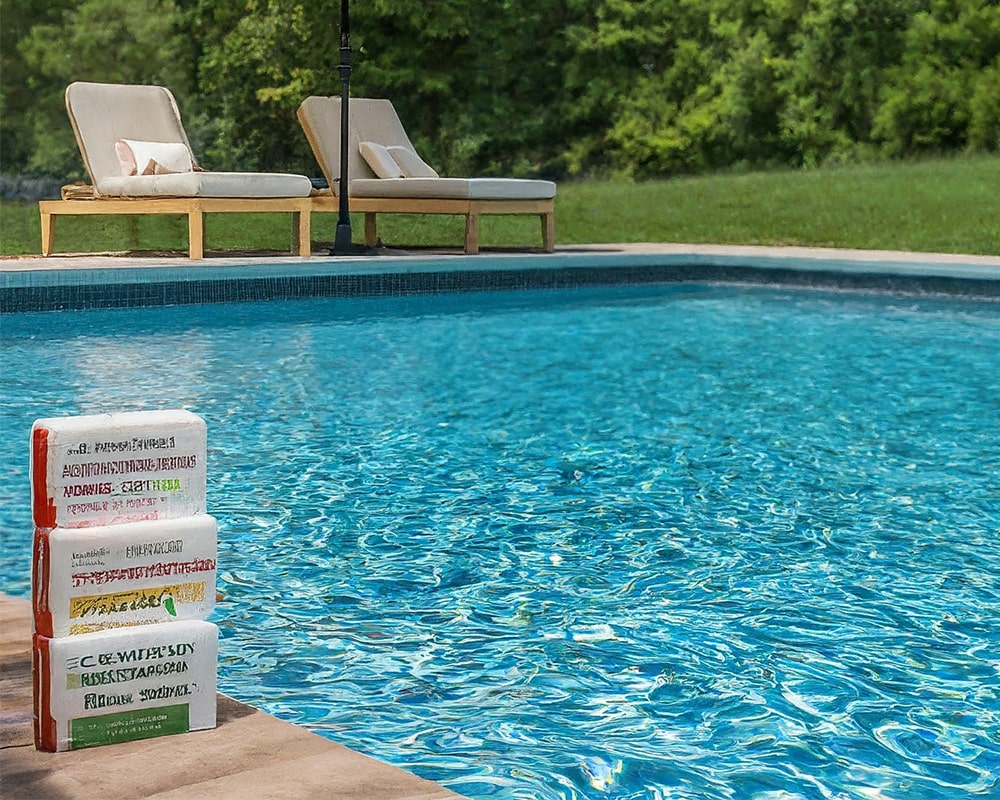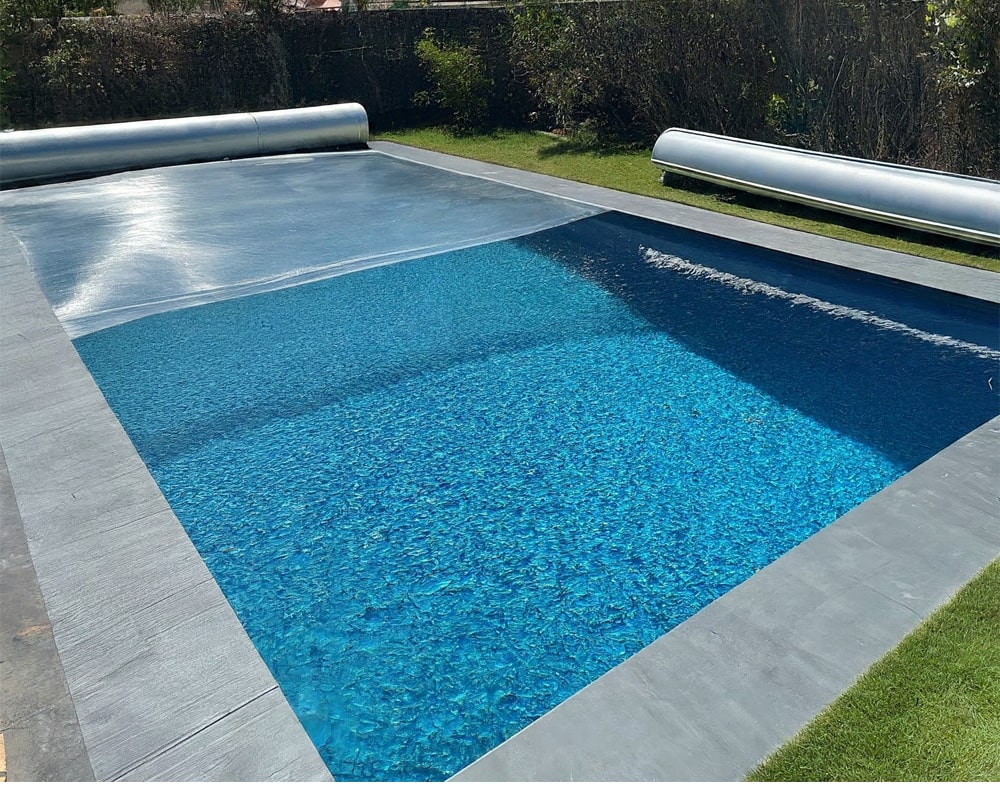How Rain Affects Water Chemistry and 4 Steps to Fix it
Posted: February 25, 2022
You’re planning a pool party for the weekend, or maybe a spa get together. You’ve invited all your friends and made plans for snacks and drinks. You go to check the weather and things are looking warm and sunny! Then, out of nowhere, disaster strikes. It starts raining. You didn’t plan for this and of course it wasn’t in the forecast. But there it is, a rolling storm raining fury on your perfectly balanced pool water comes crashing in, threatening the promise of perfect weekend plans. What do you do? What can you do?
Well first things first. Don’t panic. If there’s one thing we here at PPS are familiar with, it’s getting pools and spas back on track after heavy downpours. Every time it rains, without fail we will have a flood of pool and spa owners bringing in water tests all of them concerned as to how the rain affected their water chemistry.
Something to consider about rainfall affecting pool/spa water chemistry is that extra water is going to dilute the water in your pool, and thus dilute most of your chemical levels. Another thing to keep in mind is that when rain evaporates, it leaves behind all the nasty particles and only pure water is brought into the air, but as the rain condenses and forms rain droplets, they will pick up more contaminants and dirty particles on the way down. Lets dive in and get a little more specific as to how each level is affected, and how they can be readjusted after a heavy rainfall.
Water Level
The first and most obvious way that rain affects your pool/spa water is that extra water will raise the level of water in the pool. It is important to inspect the water level after a heavy rain and make sure it hasn’t gone above the skimmer. If the water level is too high, drain as needed to get back to normal.
Alkalinity
As rain has a total alkalinity near zero, the more it rains the more your alkalinity level will drop, with heavy rains often diluting at a rate of 5-10ppm per day. A low alkalinity can contribute to corrosive water conditions. If your pool/spa water remains corrosive over a period of time, the water can begin to cause damage to all the components and equipment of your pool or spa, so it is important to raise your alkalinity back in balance as soon as possible after a downpour.
Ph
Most rainwater across the US is acidic with an average pH of 5.0. Although this is a much lower pH than your pool water should be, there usually isn’t enough rain with low enough pH to really affect your pH all that much. Still, it is important to check pH levels after heavy rainfall and raise as needed. If you’re lucky, sometimes if your pH is just a little on the high side, the rain will knock it right into balance.
Hardness/Calcium
Rain water is super soft, having virtually zero hardness. This means that rainwater will lower your hardness/calcium level through dilution. If the dilution causes your water to be too soft, then you will need to add calcium after the downpour. However, dilution is the only tool we have to fix high hardness levels, so if your calcium level is on the high side, it could be good to get some rain in there to dilute it down to a more appropriate level.
Chlorine
Rain does two things to lower chlorine levels in your water. The first is, once again, dilution. More water in the pool = lower concentration of chlorine in the pool. Rainwater also lowers chlorine by collecting pollutants, particles, and other contaminants in the air on its way down and delivering them into the pool or spa water. These contaminants cause more chlorine to be used up as they enter the water. This is why you should almost always shock your pool after it rains, but at least check chlorine levels and raise back into range if it has gone too low.
Salt
Similar to hardness/calcium, your pool water salt level will drop further the more it rains. Make sure to check salt levels after extended or heavy downpours and adjust as needed. Also similar to calcium, a high salt level can only be solved through dilution, so if you know your salt level is too high, a good rain could be the perfect solution to bring you back into range.
Now, it won’t always rain enough to knock your water out of balance, but what should you do after a particularly heavy or prolonged period of rain?
- Inspect the water level of the pool or spa and drain as needed
- Raise chlorine levels back into range if they have dipped too low
- Brush, skim, and vacuum the pool as needed
- Test your water with a strip, drops, or by bringing in a water sample to your nearest PPS location
You might be thinking this is a lot of work to do every time after it rains, and you would be right. Keep in mind, this process won’t likely be necessary for drizzles and light rains, but rather for big storms and prolonged periods of heavy downpour. As long as you are checking the water level and adjusting water chemistry as needed after it rains, you should be in good shape.



